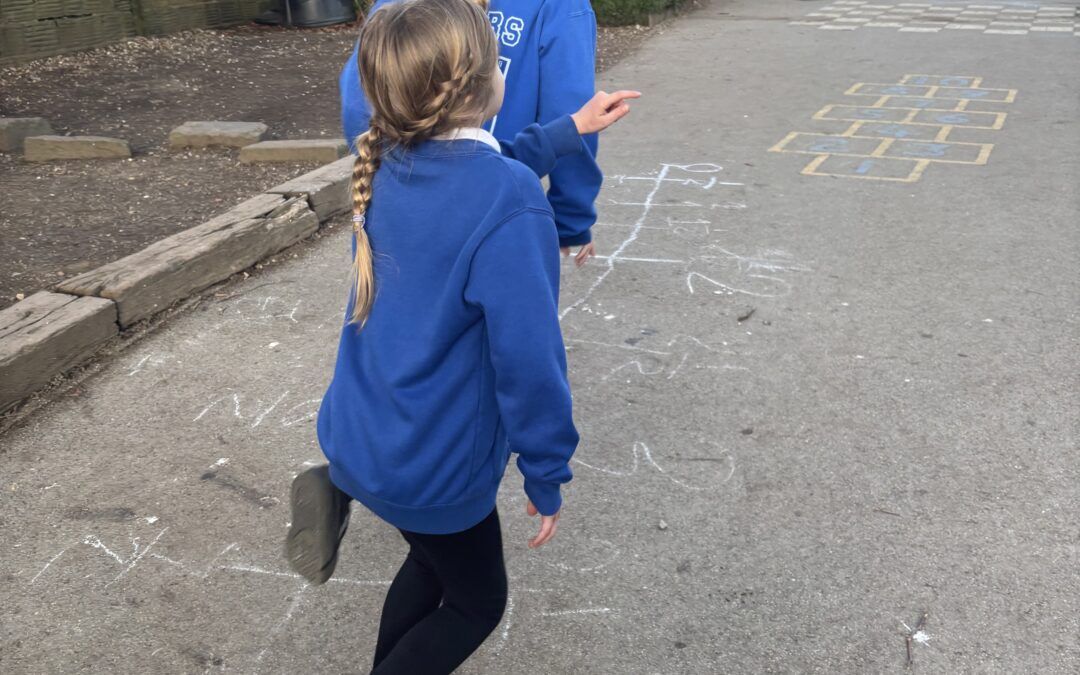The Benefits of Outdoor Learning: Why It’s Essential for Education
Why Outdoor Learning Matters
Outdoor learning is transforming education by providing students with hands-on experiences that foster engagement, critical thinking, and well-being. Whether it’s science, maths, literacy, or physical education, learning outside the classroom helps children develop essential life skills while connecting with nature.
Research has shown that outdoor education improves academic performance, reduces stress, and enhances problem-solving abilities. Schools looking to integrate outdoor learning can find structured lesson plans at Outdoor Classroom Day, a global campaign promoting outdoor education.
Top Benefits of Outdoor Learning
1. Improves Mental and Physical Health
Engaging in outdoor education helps children develop stronger mental health and physical well-being:
- Reduces stress and anxiety – Nature has a calming effect on students, improving mood and focus.
- Encourages physical activity – Outdoor learning involves movement, improving motor skills and fitness.
- Boosts immune systems – Fresh air and natural environments contribute to overall health.
For more information on the mental health benefits of nature, visit Mind UK.
2. Enhances Engagement and Motivation
Traditional classroom settings can sometimes lead to student disengagement, while outdoor learning provides active, hands-on experiences that make lessons more engaging.
- Increases curiosity and creativity – Outdoor spaces encourage exploration and independent thinking.
- Supports diverse learning styles – Kinesthetic learners, in particular, benefit from outdoor, movement-based education.
- Promotes real-world learning – Applying classroom concepts to real-life situations strengthens understanding.
Discover how outdoor learning improves engagement at Education Endowment Foundation.
3. Boosts Academic Achievement
Studies show that outdoor learning improves concentration, memory retention, and problem-solving skills, leading to better academic performance.
- Maths in Nature – Using real-world examples for measurement, geometry, and statistics.
- Science in Action – Observing ecosystems, weather patterns, and physical forces in real-time.
- Literacy in the Outdoors – Nature-based storytelling, descriptive writing, and poetry enhance literacy skills.
For research-backed evidence on outdoor learning’s impact on academics, visit The Institute for Outdoor Learning.
4. Encourages Environmental Awareness
Outdoor learning fosters a sense of responsibility for the natural world by teaching sustainability, conservation, and ecological awareness.
- Teaches respect for nature – Students learn the impact of human activities on ecosystems.
- Encourages sustainable habits – Hands-on gardening, recycling projects, and conservation activities.
- Supports climate education – Understanding environmental issues like biodiversity loss and climate change.
For more resources on teaching environmental sustainability, visit WWF UK.
5. Develops Social and Emotional Skills
Outdoor learning provides opportunities for teamwork, leadership, and conflict resolution.
- Improves communication – Group activities encourage effective verbal and non-verbal communication.
- Builds confidence – Outdoor challenges, such as shelter-building or navigation exercises, boost self-esteem.
- Fosters resilience – Experiencing setbacks in an outdoor setting helps children develop problem-solving skills.
Learn more about how outdoor play builds social skills at Play England.
How to Implement Outdoor Learning in Schools
Simple Steps to Introduce Outdoor Learning
- Incorporate outdoor sessions weekly – Start with one lesson per week outside.
- Use natural materials – Teach subjects using stones, leaves, and water.
- Integrate cross-curricular lessons – Combine science, maths, and literacy in outdoor activities.
- Encourage student-led exploration – Let children take charge of their learning experiences.
For teacher training in outdoor learning, visit Natural Connections.


